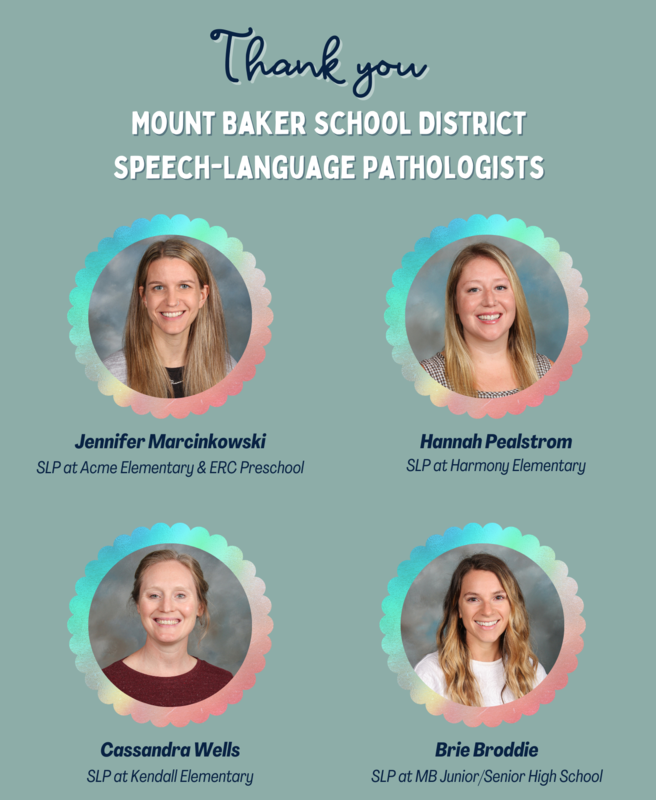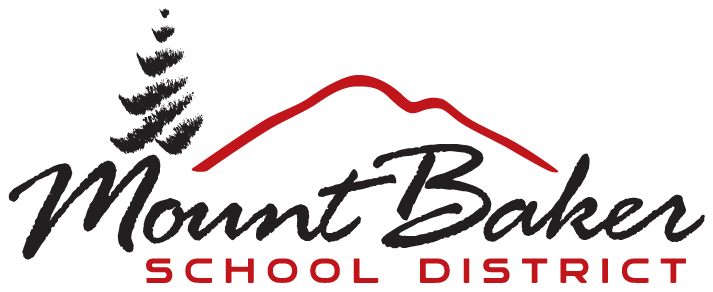SLP stands for speech-language pathologist, and we are experts in communication.
Communication disorders impact everyone. If you think about people in your own life, you probably know someone with hearing loss, a history of stroke, autism, voice problems, speech sound errors, traumatic brain injury, or trouble with chewing and swallowing. These all fall under the speech-language pathology umbrella. While many of us work in the school setting, you’ll also find SLPs who work in outpatient clinics, hospitals, rehab facilities, and nursing homes.
SLPs work on many different areas of communication with students. In the school setting, this might include:
- Helping students learn to pronounce sounds correctly (such as the R sound, or making sure the student says the final sounds in words)
- Increasing students’ vocabulary knowledge and usage
- Helping students learn what words to use in what order, and when to say them
- Helping students with limited verbal output find ways to communicate (such as by using a computerized device or a picture system)
- Helping students that stutter make their speech more fluent
- Helping students that have difficulty with comprehension or answering questions
- Helping students learn the unspoken social rules of communication
- Helping students that struggle with getting their thoughts out in a coherent fashion, whether verbally or in writing
- Helping students understand relationships between words and concepts (including such skills as comparing/contrasting, describing, defining, summarizing, etc.)
The Mount Baker School District would like to thank our four SLPs for their hard work and dedication to helping our students with their communication skills.

Source: Natalie Snyders, Speech Language Pathologist. National Speech-Language Pathologist Day – May 18, https://slpnataliesnyders.com/2022/05/national-speech-language-pathologist-day-may-18.html. Accessed 21 March 2023.

